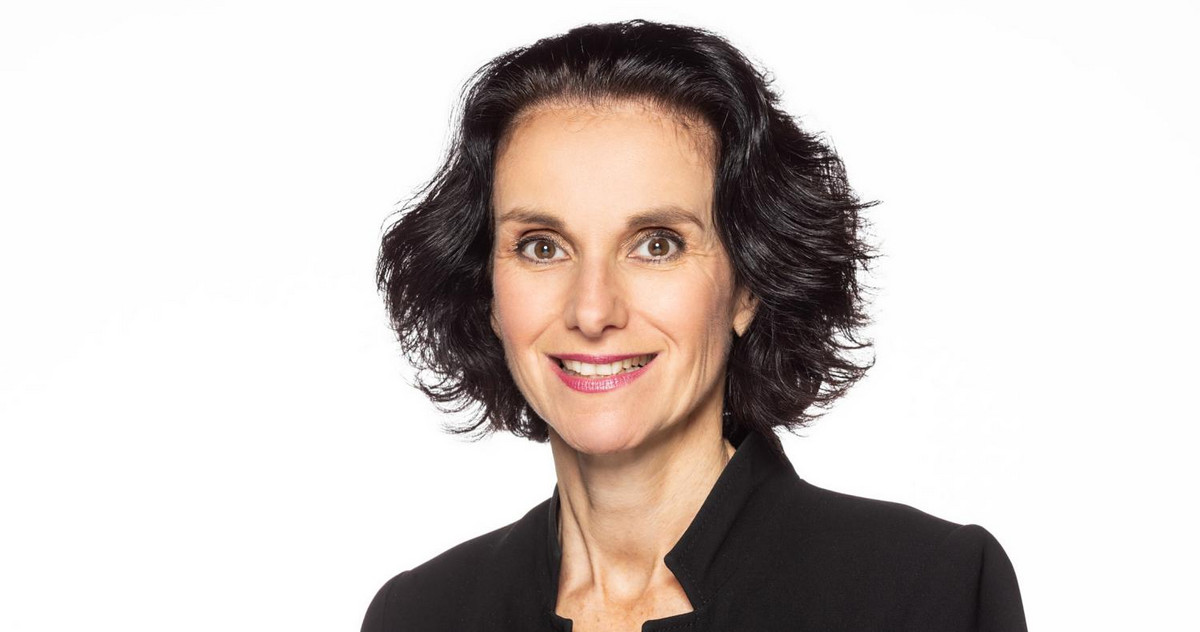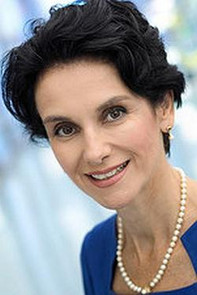Overview
Recommendations
Next Steps
Social media
Tatjana Oppitz about successful leadership in the new world of work
At the MERIT Executive Education Summit 2019, Tatjana Oppitz, former IBM CEO and new WU Vice Rector for Infrastructure and Digitization from autumn 2019, held a workshop. In "New World of Work", she spoke about the role of values, humanity and culture in times of AI, Big Data and omnipresent disruption. Her audience left with tips for successful leadership strategies in the new world of work.

"What do you think? When was the term 'digital disruption' first used?" asks Tatjana Oppitz. Silence. Her answer is: "1995". Some things are not so new in the new working world. The term "agile" was born in 2001 and the first smart refrigerator was introduced 25 years ago at the CEBIT trade fair. And even the change, the "change" propagated everywhere, is something that has always existed: "As CEO, I have shaped the change for my customers every day," she says. "What's new is the tempo!"
As a female CEO of an IT corporation, it was clear: "I never wanted to embody IT. Technology is just an enabler. I've always been interested in linking IT and humanity."
First, she advises other CEOs: "It is not enough to delegate digitization to employees or external experts. No one will do it for you." Moreover, "Before we use technology, we have to look at the cultures. And ask the question: What is the purpose of our company?"
15 years ago the former global CEO of IBM, Sam Palmisano, proclaimed a "Values Jam". Employees and managers consciously formulated and communicated their corporate values together: Commitment to the customer's success, innovations that mean something - for our company and for the world, trust and personal responsibility in all relationships. "Innovation must come from within. As CEO, you need a really good strategy and you have to think about the workforce."

Tatjana Oppitz has helped IBM, which has undergone a great deal of change since its founding 108 years ago, not only bringing innovation to its customers, but also itself. As of October 2019, she will be the new Vice Rector of WU Vienna responsible for infrastructure and digitization. Right now, she is already working for the university as a consultant. "It's a challenging job; we want to accompany the university into the digital era." She herself sees lifelong learning as essential for companies and their employees - also for personal development. "I ask myself every day: Tatjana, what have you learned today?"
For Tatjana Oppitz, three factors are at the center of the new world of work, based on management visionary, Franz Kühmayer: value, participation and education. Employees can only unfold their full potential when they recognize the value in their actions and can actively participate in business processes. The possibility of continuously developing yourself is an essential part.
In small groups, participants develop their ideas about the new world of work: leadership, structure, strategy and culture. The results:
We move from "hierarchy" to networked and self-organized "wirearchy"
We work in the cloud and with collaboration tools
Speed determines success
The empowerment of employees and their involvement in strategic processes are central.
"Collaboration becomes essential," says Tatjana Oppitz.

Tatjana Oppitz
At IBM, we've hosted numerous World Cafés with young people to get to know their views. According to the participants, not only is the corporate culture decisive, but also the individual employees' cultures. Increased transparency inside and outside the company caused by the internet and digitization make a toxic working atmosphere more difficult to arise.
In practice, Tatjana Oppitz still finds a gap between the CEOs and the employees at the grassroots level: "As CEO, I cannot expect my employees to be agile if I were to continue to be inflexible at the C-level. Even the workshop participants confirmed a still existing silo mentality in their organizations.
Finally, the future Vice-Rector of WU emphasized: "The essential question is: How do we communicate? It is not only important to formulate messages correctly, but also to listen as a manager. "I can only advise CEOs: Do a listening tour. It will change a lot more culture than you think.
Topics such as disruption, digitization and the changing world of work are addressed in many Executive Education programmes. You can find more information here.